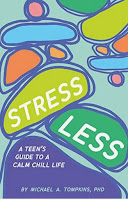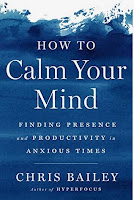Happy Father's Day!
THE FAMILY DYNAMIC by Susan Dominus is subtitled “A Journey into the Mystery of Sibling Success” and was favorably reviewed in The New York Times and The Wall Street Journal written respectively by Ezekiel and Rahm Emmanuel, high-achieving brothers briefly mentioned in the book. Dominus, a Pulitzer Prize winning journalist and lecturer at Yale, spent years researching a half dozen families whose stories she shares, interspersed with chapters titled Generators, Expectations, Luck and Fate, Finding Nurture, Openness, and Better, Better, Best. As I read about best-selling novelist Lauren Groff and her brother Adam (a successful entrepreneur in the health-care field) and sister Sarah (a world class triathlete and Ironman competitor), I was struck by their family “slogan:” You are so tough!, reminiscent in some ways of the Harbaughs’: Who’s got it better than us? Dominus describes her own book by writing, “It is safe to say that if this is a book about high achieving families, it is often also about the real costs of having that kind of drive, the sacrifices that having that kind of focus sometimes entails or even the emotional anguish.” And Dominus does more than talk about the supportive role of parents, siblings, and mentors; she also introduces scientists and their research, often providing additional background on their own children. Referencing a “vast body of well-respected research,” Dominus indicates that “parenting effects on children's outcomes … are likely much less dramatic than we have all been led to believe.” THE FAMILY DYNAMIC is a thoughtful work that may require slow, careful reading, but that should spark important conversations on helping children best achieve their potential. The Washington Post reviewer Judith Warner says, “THE FAMILY DYNAMIC will no doubt disappoint readers looking for bullet-pointed parenting-for-success tips. It’s just not that kind of book. It’s better.”



















